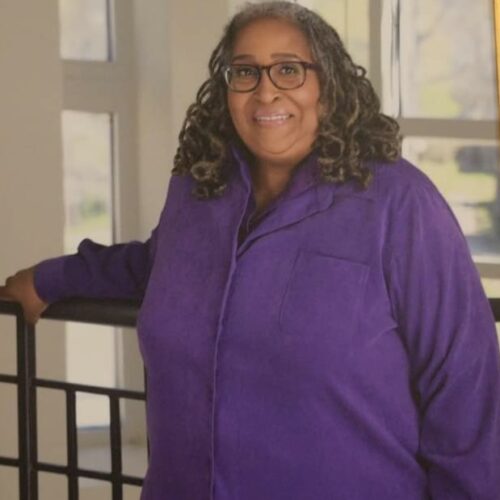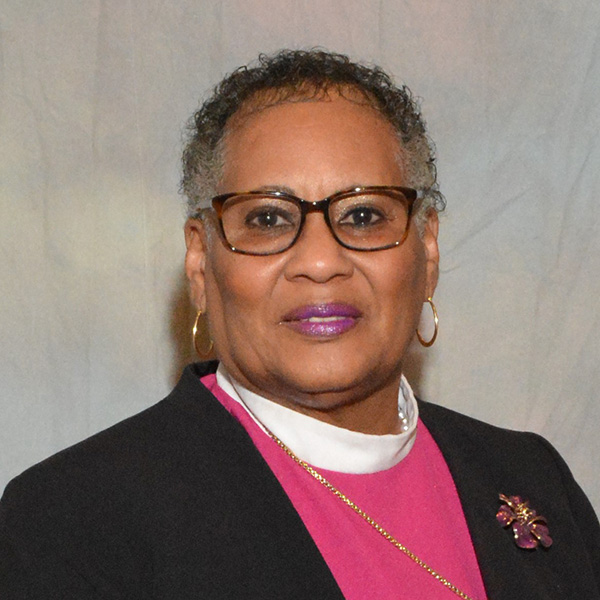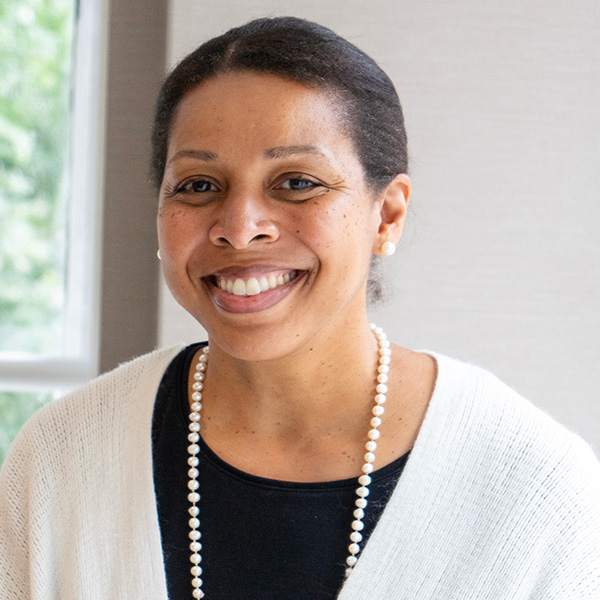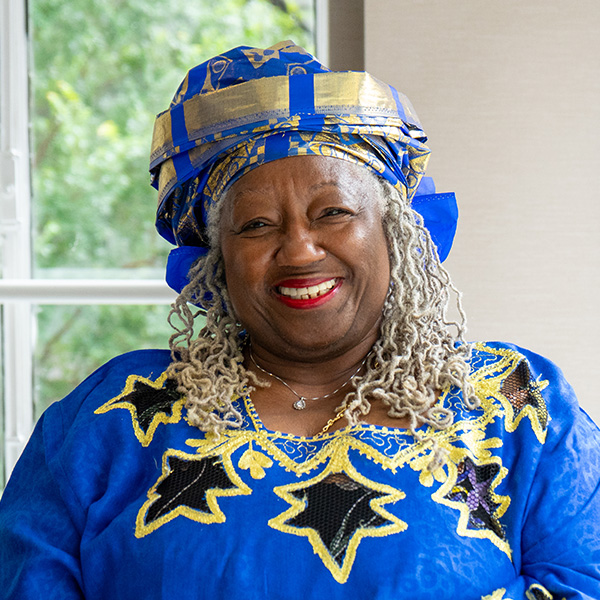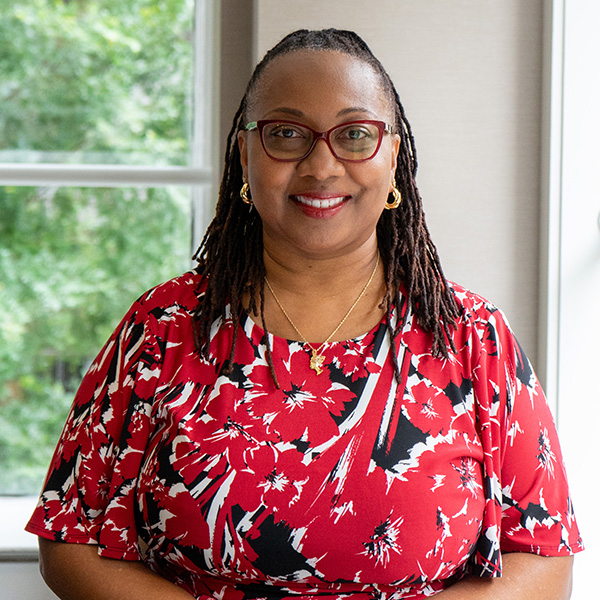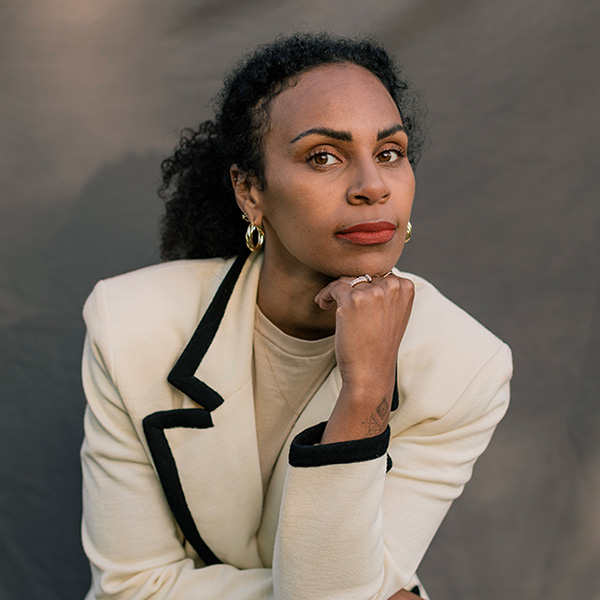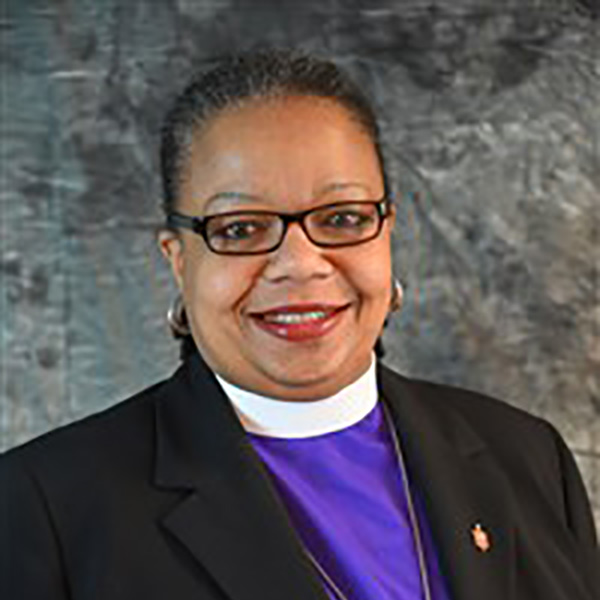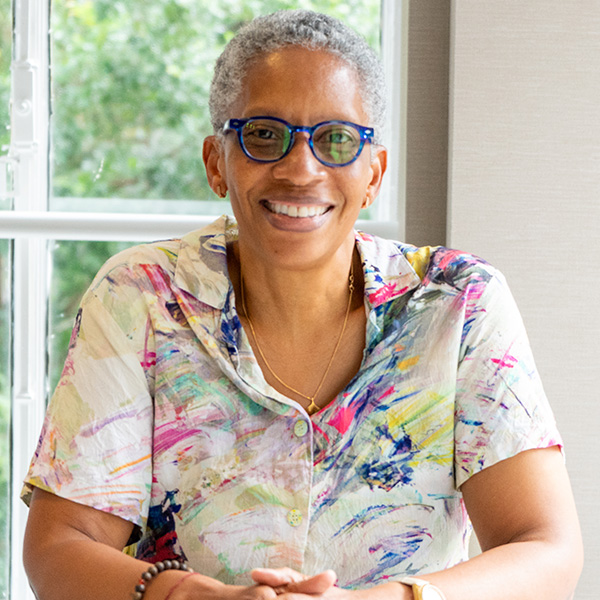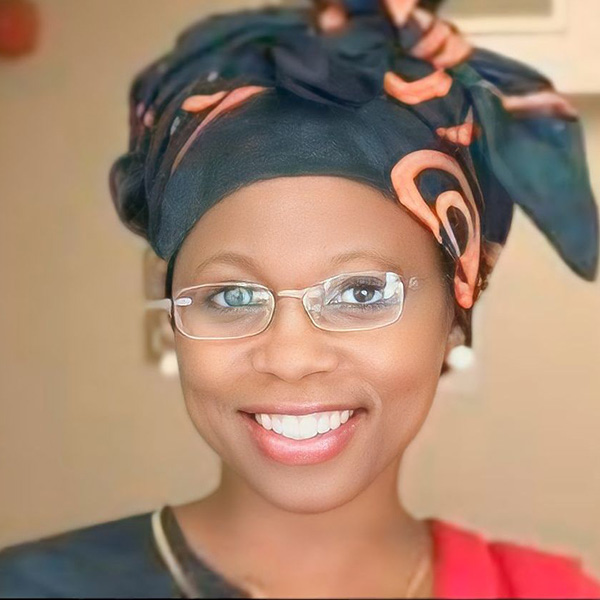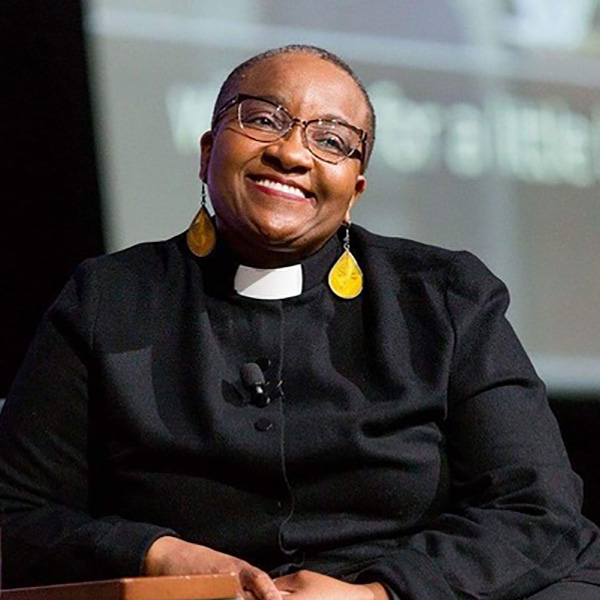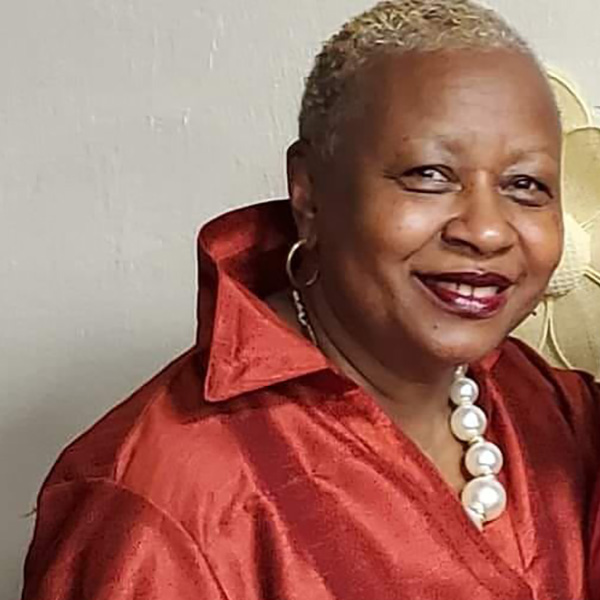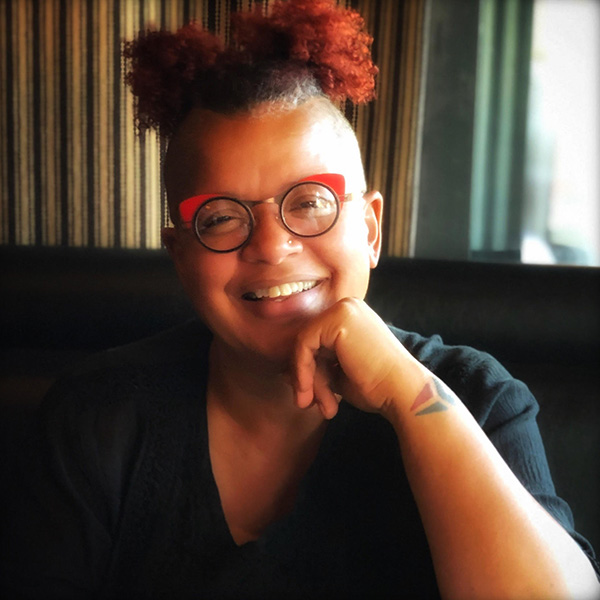Biography
Early Life
Marcia Y. Riggs was born in 1958.
Education
Dr. Riggs graduated from Randolph-Macon Woman’s College in 1980. She received the master of divinity degree at Yale Divinity School in 1983. In 2012, Yale awarded her the Distinction in Education Award as a distinguished alumni. She earned her Ph.D. in Ethics in the Department of Religion from Vanderbilt Divinity School 1991. She was also a Teaching Fellow there. She has earned certificates in Conflict Management, Conflict Dynamic Profiles, and Organizational Ombudsman Practice.
Scholarship and Academic Teaching
Riggs’ scholarship discusses social institutions and social change movements that are promising for creating a global moral community. She writes about ways womanist religious scholarship can inform church ethics and their practices of social justice ministry. Riggs is considered an authority on the Black Women’s Club Movement of the late 19th and early 20th centuries. She discusses the movement in her book Awake, Arise and Act!: A Womanist Call for Black Liberation. Riggs co-edited the book Ethics That Matter: African, Caribbean, and African American Sources. Essays in the book describe ways to create a global moral community.
Riggs was assistant professor of Ethics and Society at Drew University. She also was an adjunct professor at Pacific School of Religion. She was ACTS Doctor of Ministry in Preaching and Co-Teacher at Lutheran School of Theology at Chicago. She is Columbia Theological Seminary’s first Black tenured professor. In 2006 she became the first professor to hold the J. Erskine Love Chair in Christian Ethics. A campus dormitory was renamed Marcia Y. Riggs Commons in 2020.
Beloved Community
Riggs was named a 2017-2018 Henry Luce III Fellow in Theology for her proposal about the Beloved Community. She has written about the importance of images of moral community in the writings of African American women religious leaders. Riggs believes these images can help heal the angry, bitter divisions within the United States. She argues that they can create a more authentic vision of unity and ethical practices of the Beloved Community. This vision of Beloved Community embraces coalitions working for diverse forms of human rights in the 21st century. These include coalitions for Black lives, for LGBTQ rights, for gun safety, and more. Riggs’ vision of the Beloved Community expands the moral foundations of public policy.
Ethical Theory and Practice of Religious Ethical Mediation
Riggs believes it is important to address the connection between religion, conflict, and violence. To respond to this need, she created “religious ethical mediation” (REM). It is grounded in ethical theory and practice. She founded the nonprofit Still Waters: A Center for Ethical Formation and Practices, Inc. It offers certificate and doctor of ministry programs to teach REM and conflict transformation theories jointly with New York Theological Seminary.
Awards
Dr. Riggs was the chair of committees in the American Academy of Religion (AAR) and also in the Association of Theological Schools. She was the second chair of the AAR’s Womanist Approach to Religion and Society Group, after Katie G. Cannon. She has been a member of several editorial boards. These include the Journal of Christian Ethics, the Encyclopedia on Women and Religion in North America, and the Feasting on the Word Lectionary Commentary Series. Other organizations that she belongs to include the Society of Christian Ethics and the Society for the Study of Black Religion.
